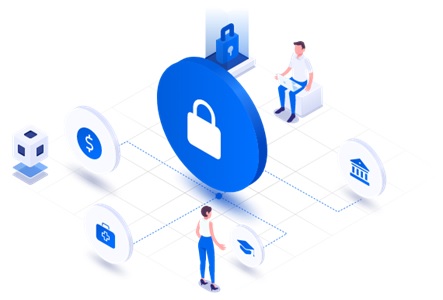JD.com, China’s largest retail and e-commerce player, has introduced an open blockchain platform that allows customers to function with their own blockchain-based solution to advance their efficiency, safety, and transparency.
JD Blockchain Open Platform expands the retail business as a service and offers customers the opportunity to create smart contracts for both public and private enterprise cloud.
It offers companies the ability to streamline product tracking, real estate evaluation, certificates of authenticity, and digital copyrights. The company oversees the quality control of its bids in the app store so users can customize their apps.
China Pacific Insurance Company (CPIC) is JD.com’s first partner to utilize the open blockchain platform. The insurer applies a unique block identification number for each billing document, improves efficiency and restructures the accounting process, thus fortifying the security of electronic invoices.
Yanhong Pan, CPIC’s executive vice president, noted that the electronic billing system has improved efficiency significantly.
Jian Pei, who oversees smart supply chain and big data at J.D.com, said the open platform was originally developed for the company to increase consumer visibility.
Previously in this year, JD.com introduced AI Catapult, an artificial intelligence accelerator, and blockchain technology and created AI applications at the Silicon Valley and China lab.
AI Catapult already has companies such as a provider of Chinese financial technology, Bankorous; CanYa, a Crypto company in Australia; Bluezelle, a Singapore-based database service provider based on blockchain systems; Block ID and Payments Forum in London, Nuggets; and Devery, the blockchain-based protocol for products verification.
JD.com also introduced a blockchain foundation in last year, to enable customers to trace overall food and other product development process. This initiative used the blockchain-based tracking of more than 11,000 warehouses and 400 brands.
JD.com also works with software companies and certify authorities to find ways to apply blockchain for a specific business, for instance, enterprise resource planning.



